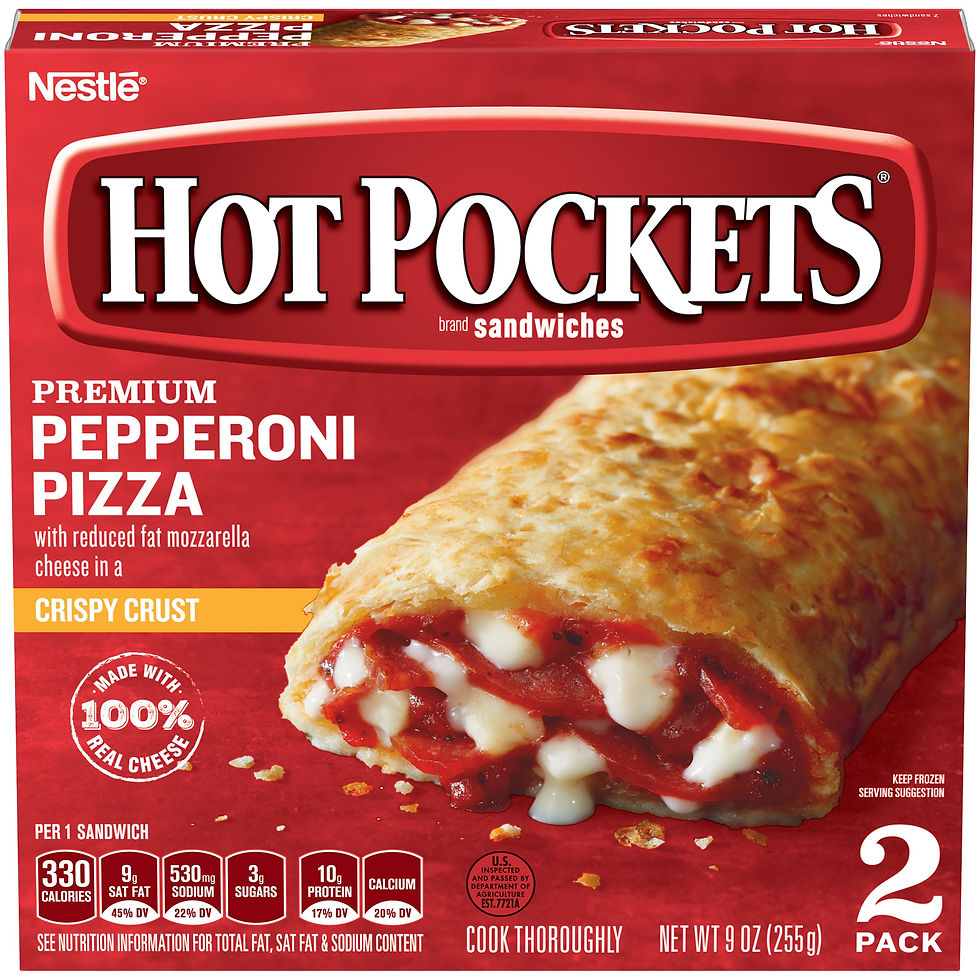Forgiveness
- Colin Fleming

- Oct 3, 2019
- 7 min read
Thursday 10/3/19
It's cold, I have to hustle to work. Research and prepping. I hate this apartment so much. I see it in the morning, in the dark, before the dawn, I want to achieve success, I want to be in a house, so I think, right, work, as always, work, do your work, keep going, but right then in that moment I have to flee it, too. You can't live like this. But I glance at the phone. I see new outrage. The young man who is the brother of the other young man who was killed by the police officer--in a crime that must have had more to it (on her part) than the latter mistaking another apartment for her own and shooting the man who lived there eating ice cream (if it had been her apartment, what on earth could have justified that level of force? A guy upstairs wandered into Emma and Susan's apartment with a drink; he thought he lived there)--told this woman in his victim impact statement that he forgave her and then asked the judge if he could hug her. This request was granted.
First off, don't publish the photo of that. Let it just be a moment. Let it just be a human moment. Don't let it become a set piece for sides to lift up or tear down for the purposes of agenda. I see people are critical of this young man for perpetuating systemic racism. I also see people saying that forgiveness is for you, not the other person. First off, we don't get to say who or what someone else is allowed to forgive. When it happens to them. I think if something horrible happens to you, the people in your life should have your back. You don't want one of them stepping forward a year later and saying, "you know what, I forgive that person." That's not their call. They were not the victim. I have a cousin I no longer know. This is why. After Molly did what she did, the cousin, who redesigns work spaces for companies, was working at Molly's company. And Molly--I am not sure if this is insane entitlement or just insanity--hugs my cousin. My cousin hugs her back. Before the meeting starts. She knew what had happened.
I could maybe--but probably not--allow that she was so shocked she didn't know what to do. So they have the meeting--time to clear your head, everyone talking--and Molly again goes to hug her after, and my cousin once more hugs her. (I should note that this is a different cousin than the one I mentioned the other day who destroys her child.) It would be difficult for me to speak to this person again. Maybe someday. Not now. Not still. I realize that that would be easier if I was in a different situation, if I had happiness, a quality of life, someone in my life, whom I trusted, as a best friend, partner. To a degree that reflects back on me. What does that mean if we can forgive more readily because the conditions of our lives are more favorable? Maybe that's not true forgiveness. That's circumstantial forgiveness.
In many ways, I'm immune to human nature at this point, but not completely. Of course I have had many, many, many things done to me that were worse than this double-hug thing. But I can formulate no excuse for it. The larger issue was that it served to countenance Molly's narrative, in Molly's evil brain. Because if this person is related to Colin and she has no problem hugging me, then everyone else must think he's this monster, etc. etc. It was very easy to extricate one's self from that situation. A hug is a two-person thing. Especially in a formal setting with multiple people milling about. You can avoid someone, easily, in that situation. You don't need to confront them. You can have the bare minimum that you need to have to do with them in order to do your job.
And I can tell myself that this was just probably weakness. A fault, a flaw, which we all have. (The preexisting nature of the relationship matters, too. It would wound me far more if John, Norberg, Emma, or even Kara, did something like that, or worse, and paradoxically, it would be harder to forgive one of them, but I would be more likely to do it. I might even be able to trust one or two of those people again.) But I have a real problem with weakness, as one who reads these pages might know by now, and I have even more of a problem when weakness and disloyalty meet. (Let me define weakness. Weakness is not crying in front of people, weakness is not struggling, weakness is not being broken, weakness is not not functioning. Weakness is not doing the right thing. Being too scared to do the right thing. Weakness is pretending to be something you're not. Weakness is being a guy who thinks you can't like flowers and the ballet as well as hockey. Weakness is not owning and showing your feelings. Weakness is refusing to be vulnerable. Weakness is quitting before you have gone beyond the very bounds of endurance. Weakness is turning your back on people because it's easier or more convenient for you. As William Sloane wrote, weakness is the one unforgivable sin. Weakness is betrayal--of others, of yourself.) Molly's major theme was that of extreme, beyond the pale, barely comprehensible--save that it happened--betrayal. I say barely comprehensible because if it had not happened, one would be hard pressed to believe that it could. Not to that degree, like that, after years of contradictory forms of behavior. I think if I needed help and I asked my cousin she would probably help me. But that can be the case with people we should not allow back into our lives. It's hard. Complicated. Anyway. This is not what I want to be dwelling on right now. I have things to do. So let us wrap this up.
I have no idea what this young man was thinking with this request. It could have been of true human goodness. He could be crazy. He could want the attention. He could be a saint living among us. He might be honoring his brother's beliefs. I have no idea. Nor does anyone else who does not know that young man intimately. I don't think yea, I don't think nay. It's not like he has a blog where you can go every day and read thousands of words. I believe you can intimately know someone that way, but so far as I know, I am the only person in the world who does this. If they do that. I believe anyone who reads these pages knows the kind of person I am. I don't think you could fake it at this much, this long, in this many ways. There's just way, way too much there. But you don't get to be hostile because of this person's choice. You don't get to be critical of him.
To say that forgiveness is for the person doing it completely misses the point. It is always for the other person. It's not for you. It is your will to extend yourself to another person and offer them something that involves the giving over of a part of who you are and what you have experienced. It is hard. It is damn hard. It's not like treating yourself to a spa day. "I forgive you because I don't want to be bothered with being upset anymore." That would not be hard to do. True forgiveness is for the other person. It's entirely for the other person. That is why it is among the hardest things--when we are truly wronged, not pretend wronged, which accounts for 99% of the so-called wronging right now--that we can ever do. It's never for us, though it does enhance our growth.
As for me, I could never forgive Molly, that is true. I could never forgive a lot of the evil, bigots of publishing, but that's different, I was not married to them, and so far as the future goes, business is always separate to me. I could do business with the devil, if it means a larger good. (I am insulting the devil who is a better person than many of these people, because at least the devil--the Miltonian devil--was intelligent, articulate, has regret, has conscience.) I can hate the mere thought of you, you can make me vomit when I think of you, and I can do business with you because all that matters to me is the work and it getting to where it needs to get. That is purpose, salvation, direction, hope, a way forward for millions of people beyond myself, right now, and forever. Those are the stakes. When those are the stakes, one's devotion to them--my devotion to them--is unconditional. I can forgive a lot of things, in theory. I can forgive people acting through their own issues and failings, I can forgive acts of anger, I can forgive a stupid, life-altering choice that happens in a moment, or an outcome that results from not having a single thought for anyone else. I cannot forgive betrayal. Betrayal that involves cold-blooded, long-term planning. All of that forethought and care. I don't think that makes me less of a person. I will say that in my case, I used that betrayal as an additional spur--a big one--to keep going (in part because of the business of future accountability), to create. Others may have marinated in it, been destroyed by it. I have used it for a revolution in creativity and art-making, which I hope will fuel other revolutions at the cultural and societal level. That I will bring about. That I would not have otherwise been able to bring about. That was the best that I could do with what she did to me.
***
It's a bit later now. Have not left. Wrote an op-ed on forgiveness. Will see if anyone buys it. I guess I will slap it up here otherwise.





Comments